
Ripple’s Liquidity Hub Expands into Australia and Brazil
The hub gives firms access to various liquidity pools and advanced trading features, including post-trade settlement through a single API.
For the average millennial or at least anyone that pays attention to the business world, the term “cryptocurrency” would not seem like such a strange word. If that is, then the terms Bitcoin, Ethereum or at least Blockchain should ring a bell. One might wonder, why are these terms suddenly so prevalent, especially cryptocurrency news? Computing is getting rather pervasive and the society is leaning towards digital services. The finance world too isn’t spared as the disruption of technology into this sector has fostered the birth and development of Fintech organizations.
These Fintech organizations look to digitize payments and transactions, offering the same services that are currently in existence but in a better, efficient and more effective way.
Blockchain is the network upon which most of these cryptocurrencies operate on. The history of blockchain and bitcoin, in particular, does not have a definite story. In 2009, an individual or group of individuals known to be “Satoshi Nakomoto” developed and published the technology to allow people make digital payments between themselves anonymously without having an external party to verify or authorize the transfer of the currency being exchanged.
Although technologies like this might seem rather complex, understanding how Blockchain works is quite easy, given that one has a basic idea of how networks work. Blockchain is simply a database shared between several users, containing confirmed and secured entries. It is a network, where each entry has a connection to its previous entry.
This technology affords a very secure model whereby every record in the database cannot be tampered with. Apart from the stellar security that this network offers, the transparency and speed at which the network operates give it an edge over the conventional way of conducting transactions.
In simple terms, cryptocurrencies are just monies in digital form, transacted via digital means and over a digital network. The transfer of these currencies is utilized with cryptography and the aforementioned blockchain network. Up until the 2010s, cryptocurrencies were not really known until Bitcoin made its breakout and this gave rise to the birth of new cryptocurrencies.
Cryptocurrencies have had their fair share of bullish and bearish trends, going to show how unstable they can be. The latest cryptocurrency news reports lots of people predicting prices for various cryptocurrencies in the years to come but no-one can say for sure.
Blockchain, on the other hand, is making its way into pervasive computing, especially IoT, giving way for the development of new solutions that embrace data security and transparency.

The hub gives firms access to various liquidity pools and advanced trading features, including post-trade settlement through a single API.

Part of Cohen-Pavon’s plea bargain requires him to compensate some of the victims of the Celsius collapse.

The bankrupt crypto lender Genesis announced that it would cease all of its crypto operations for spot and derivatives trading, for institutional players as well.
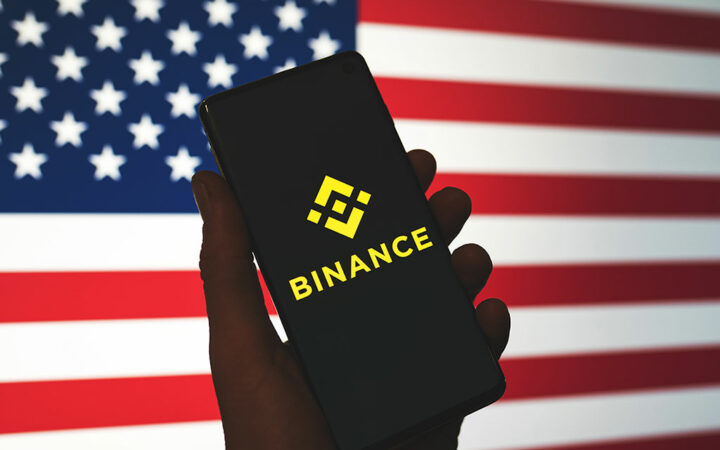
Binance.US has reduced its staff by nearly one-third which is the company’s second round of workforce reduction for the year 2023.

A large chunk of OKX’s $25-$50 million annual advertising budget goes towards its sports deals.
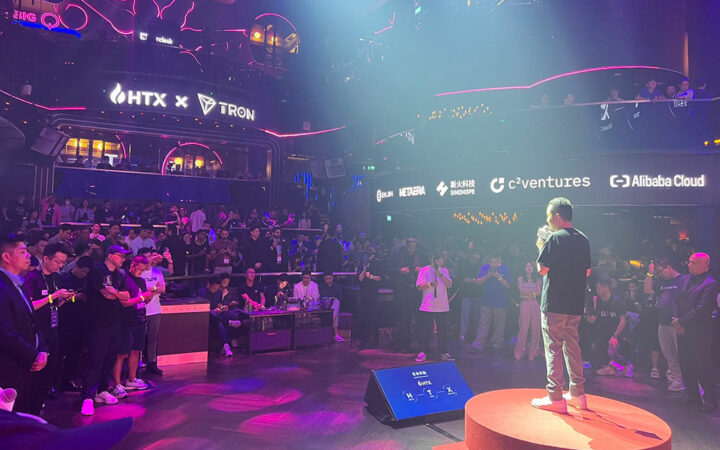
Huobi will retain its identity for Chinese-speaking regions, but the exchange will now be recognized as HTX on the global scene.

Diesel’s entry into the Meta Avatar Store aligns with the brand’s previous forays into the metaverse and its ventures into the world of NFTs.
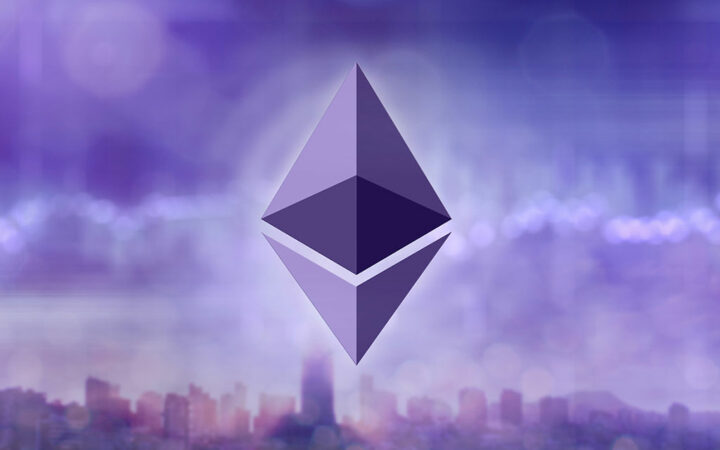
Buterin is looking forward to a future where developers can leverage an independent open tech stack.

Circle co-founder and CEO Jeremy Allaire expressed delight at seeing major Web2 companies integrating blockchain technology.

A multimillion-dollar security incident involving a Fortress third-party vendor took place in the hours leading to the takeover by Ripple.
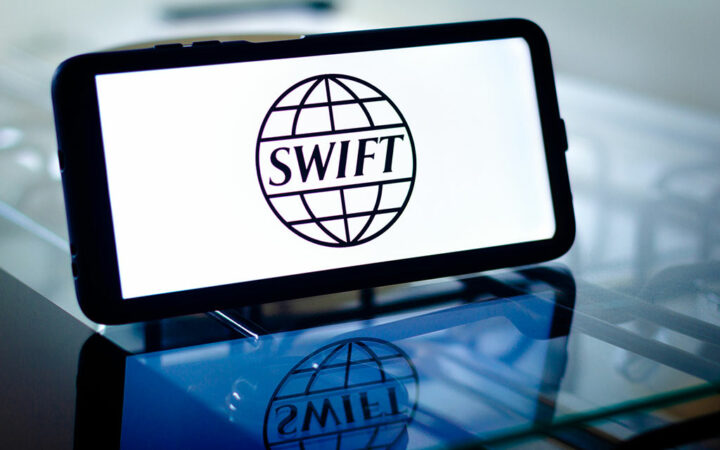
SWIFT has been actively involved in various CBDC-related projects, including a wholesale CBDC initiative in collaboration with the New York Federal Reserve Bank, utilizing a regulated liability network.
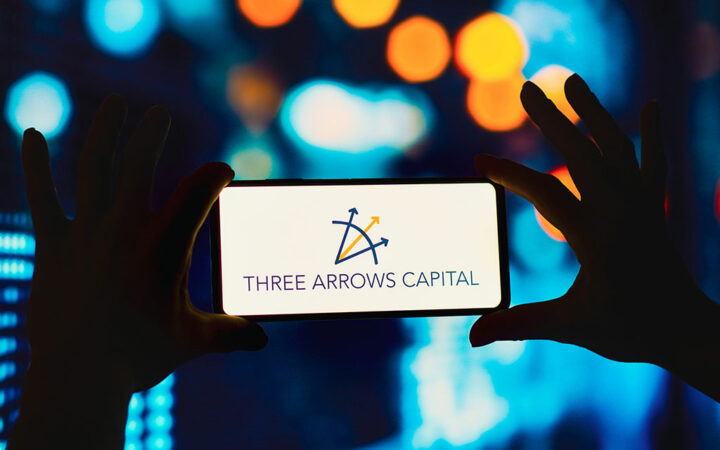
The MAS has also banned them from managing, acting as a director, or even being a substantial shareholder of any capital market services business operating in Singapore.

The SEC said Stoner Cats violated the Securities Act of 1933 by selling NFTs that qualify as investment contracts. Stoner Cats has agreed to a refund.

Earlier this week, crypto exchange FTX revealed that it holds more than 16% or $1.16 billion of the token’s outstanding supply in Solana.

Celo’s inclusion with Opera’s MiniPay wallet augurs well for Africa’s expanding digital finance sector.